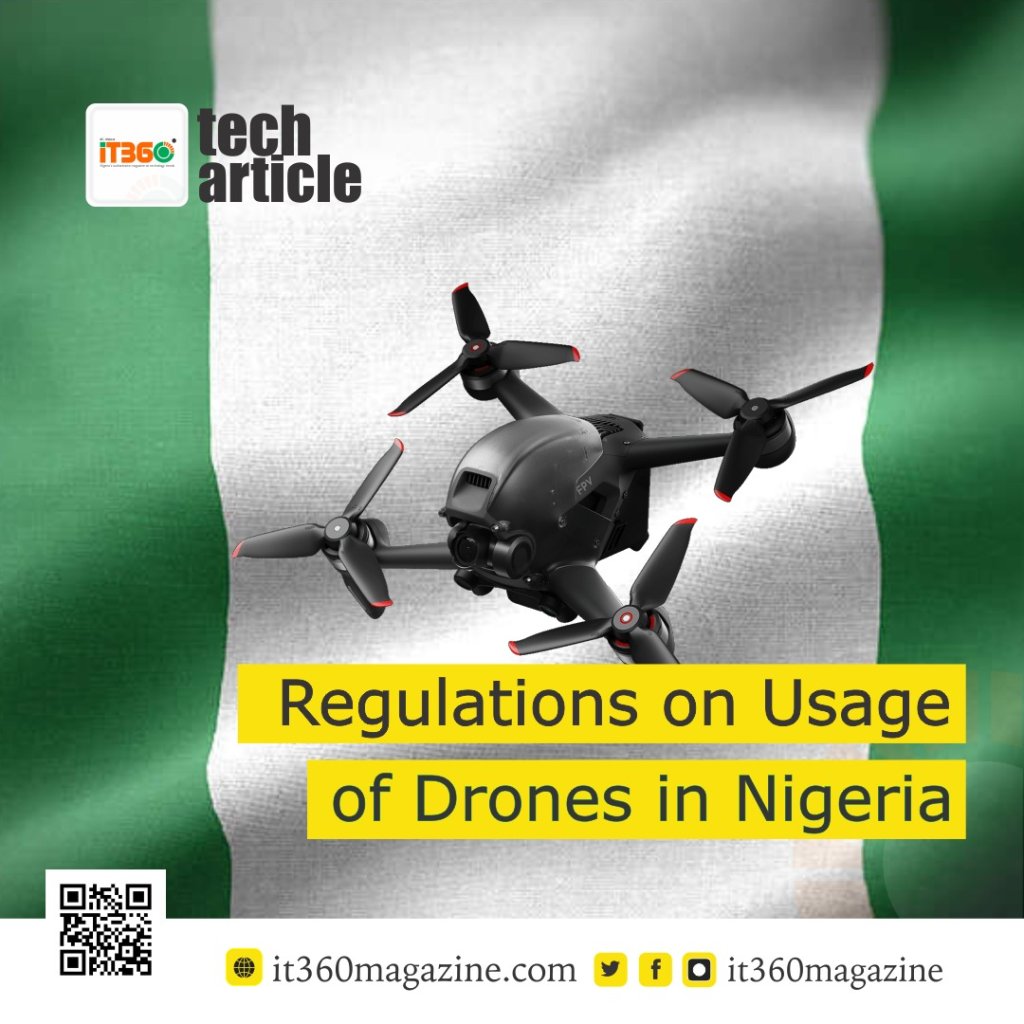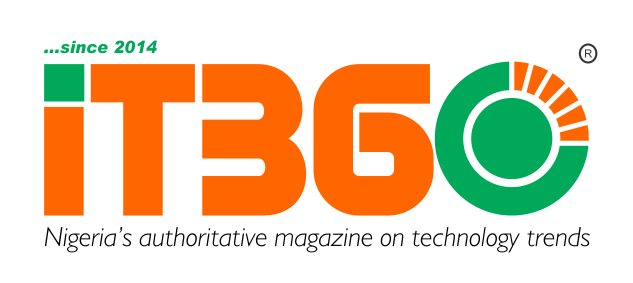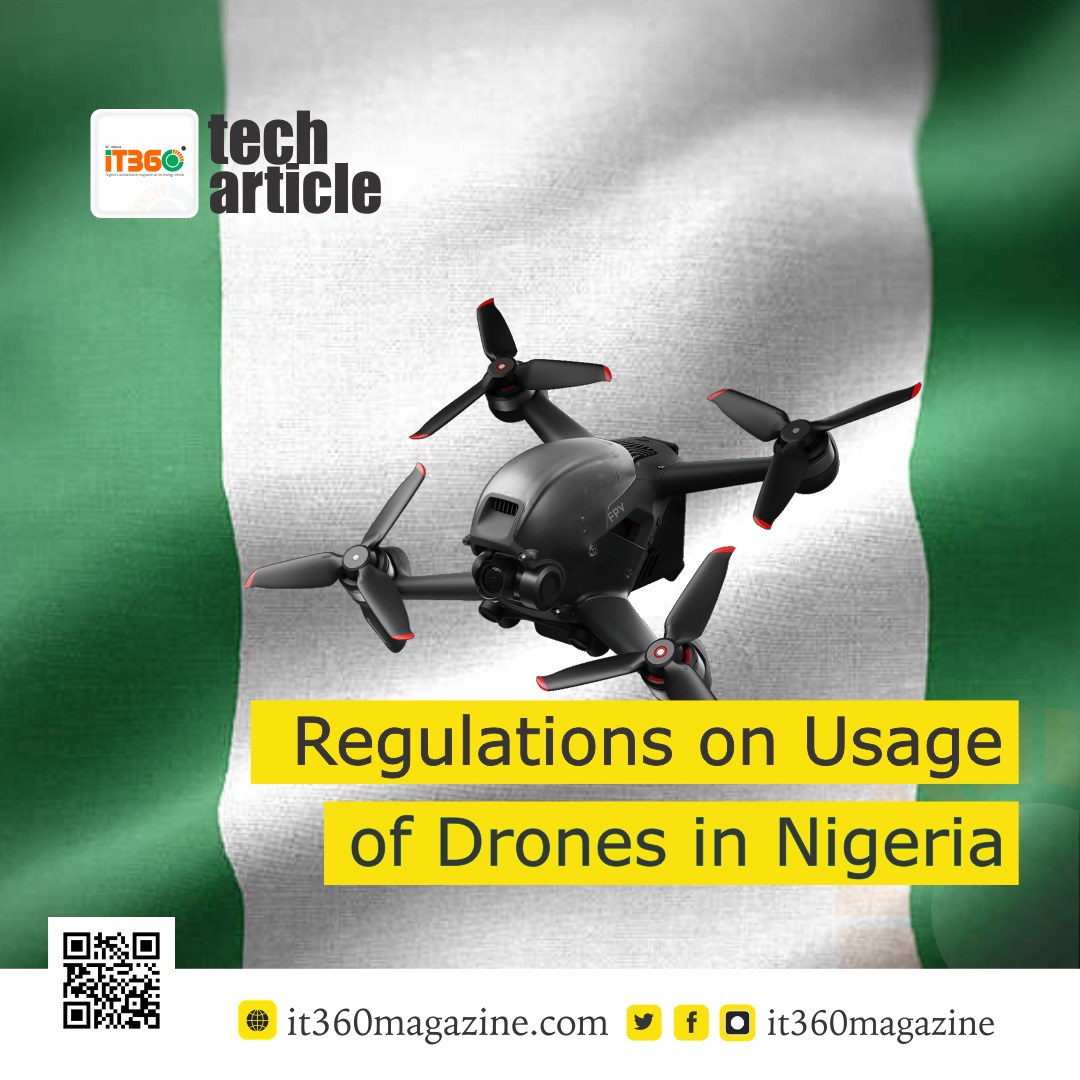Unmanned Aerial Vehicles (UAVs) are aircraft that do not need pilots. They are also called Drones and are controlled remotely by the user or satellites in space. Drones have a lot of beneficial uses and have helped improve a lot of human activities.
But as we all know, there is nothing with benefits that don’t have a backlash. As much as drones benefit us, they also have a few risks that make them dangerous, especially in the hands of an untrained person or someone who wants to cause harm. Below are some of the disadvantages of using drones.
Disadvantages of Drones
Privacy Invasion
Drone technology makes use of cameras and sensors for their operations. This allows users to take pictures and videos that may intrude on the private lives of other people. Many people have complained about being captured against their content. So, although it is with one’s right to own a drone, its use may violate the right of another individual or group.
Crashing
Every man-made aircraft is prone to crashing. Even piloted airplanes not to talk less of unpiloted drones. Drones operate on limited battery power, carelessness on the part of a user may result in crashing which can be dangerous to people on land. Drone sizes range from that of a rat to as big as a standard aeroplane. Crashing of a drone that size can cause fatal damage.
Cybersecurity Concerns
Drones are prone to hacking and data theft. They are vulnerable to security breaches as hackers can easily intercept the control system and become the original owner. Hackers can feed the drone false GPS coordinates to hijack it, steal and destroy stored data and leak sensitive information to unauthorized third parties. Users are advised to install strong antivirus software to protect their drones.
Spying
Spying is also a form of privacy invasion. Criminals now make use of drones for targeting and tracking victims. Over time, drones have become healthy and are perfect for surveillance. They are being used to spy on people without their consent, their thermal and infrared sensors make them perfect for the detection of activities even within an enclosed space.
Technicality
The use of drones requires training and technical knowledge. Most people however just buy and operate them without getting the necessary training. This can result in accidents which can be fatal. The use of drones in some jobs also requires precision, for example in photography or agriculture. If a user doesn’t have the necessary skill, the drone will produce very poor results.
Legislation
The rules and regulations binding the use of drones are still being developed as they are a fairly new technology. This puts users in a grey area as government laws may clash with state laws in certain areas. Microdrones used for commercial and recreational purposes also have little or no regulations.
Airspace Congestion
Drones are aircraft and although unmanned, some of them are capable of reaching as high as jet and passenger aircraft. This can lead to congestion of the airspace and cause fatal accidents. Drones are sometimes hard to track on air traffic radars and may obstruct commercial flights or aircraft meant for emergency missions.

Regulations on the Use of Drones in Nigeria
The body responsible for the regulation of the use of drones in Nigeria is the Nigerian Civil Aviation Authority (NCAA). According to the NCAA, the use of drones is legal in Nigeria. However, there are some regulations and guidelines for the use of drones.
Below are the most important rules guiding the use of drones in Nigeria.
- It is illegal to operate a drone without first obtaining the required authorizations. Flight plans must be submitted to the NCAA for authorization before conducting any drone flight within Nigeria airspace.
- Drones weighing above 250 grams (0.55 pounds) must be registered with the NCAA.
- Drone operators are required to obtain a Remotely Piloted Aircraft Systems Certificate before flying in Nigeria.
- All drone operators must be at least 16 years of age or older.
- Drones may not be operated in a reckless or in any manner that may cause harm to persons, property, or other aircraft.
- Operators must not fly across the border from or into another state.
- Do not operate over the high seas without proper authorization from Air Traffic Control.
Requirements for Registration.
- Valid email address
- Card of credit or debit
- Addresses, both physical and postal (if different from physical address)
- Registration is free and valid for one year.
- RPA that weighs less than 25 kg (55 pounds) but more than 250 grams (0.55 pounds) must be registered online.
- Register RPA that weighs more than 25 kg (55 pounds) by paper.
Safety Guidelines For Flying Drones
- Do not fly at heights above 400 feets.
- Always keep an eye on your drone.
- Never fly close to other aircraft, particularly near airports.
- Never fly over a crowd.
- Never take a flight over a stadium or a sporting event.
- Never fly near disaster relief efforts, such as fires.
- Never fly while intoxicated.
- Bear in mind the requirements for airspace.


